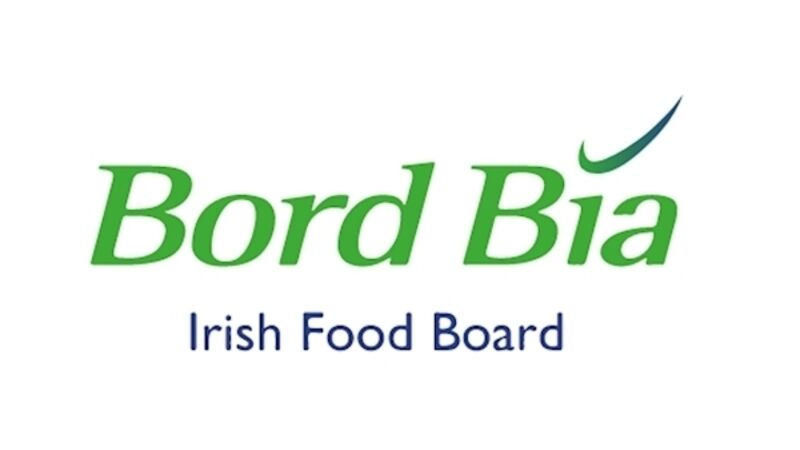Bord Bia has monitors on the ground as China reopens food outlets after Covid-19 crisis

State agency Bord Bia said it has a team on the ground watching the re-opening of food stores and suppliers in China to see if it can detect changes to consumer behaviour and for any lessons to be applied around the world, when the Covid-19 restrictions are eventually lifted worldwide.
The concerns are over the future of the €13bn of global food exports for Irish firms and the thousands of jobs and prosperity that they generate across the island under the harsh effects of the effective lock down in key overseas markets.













